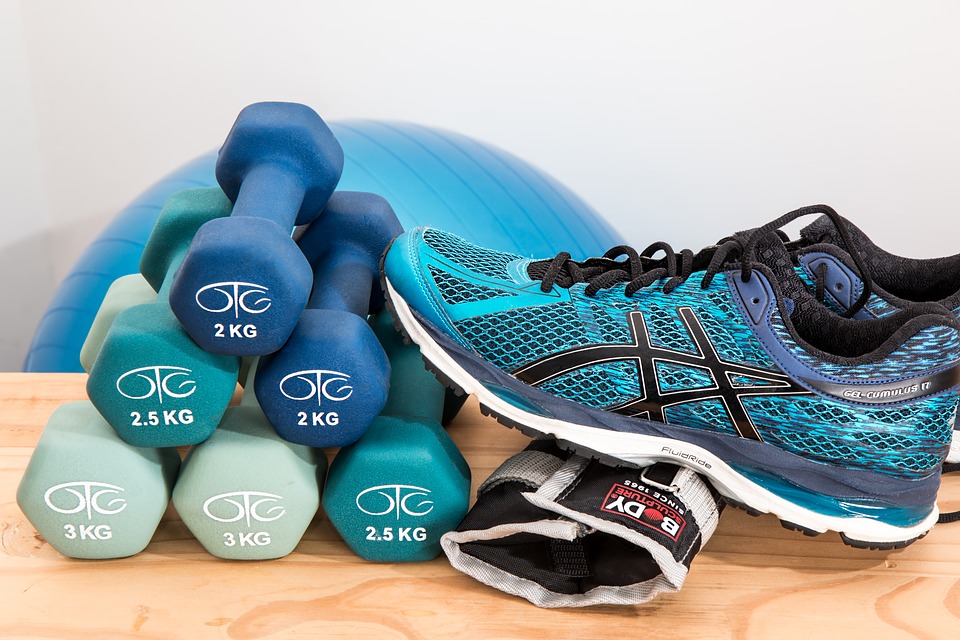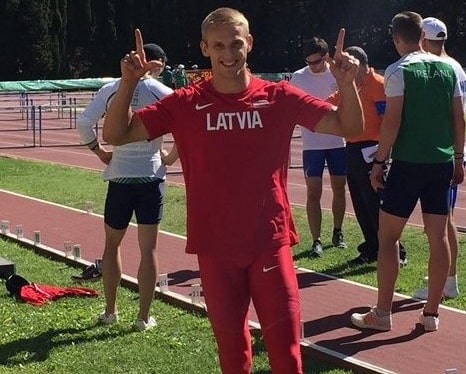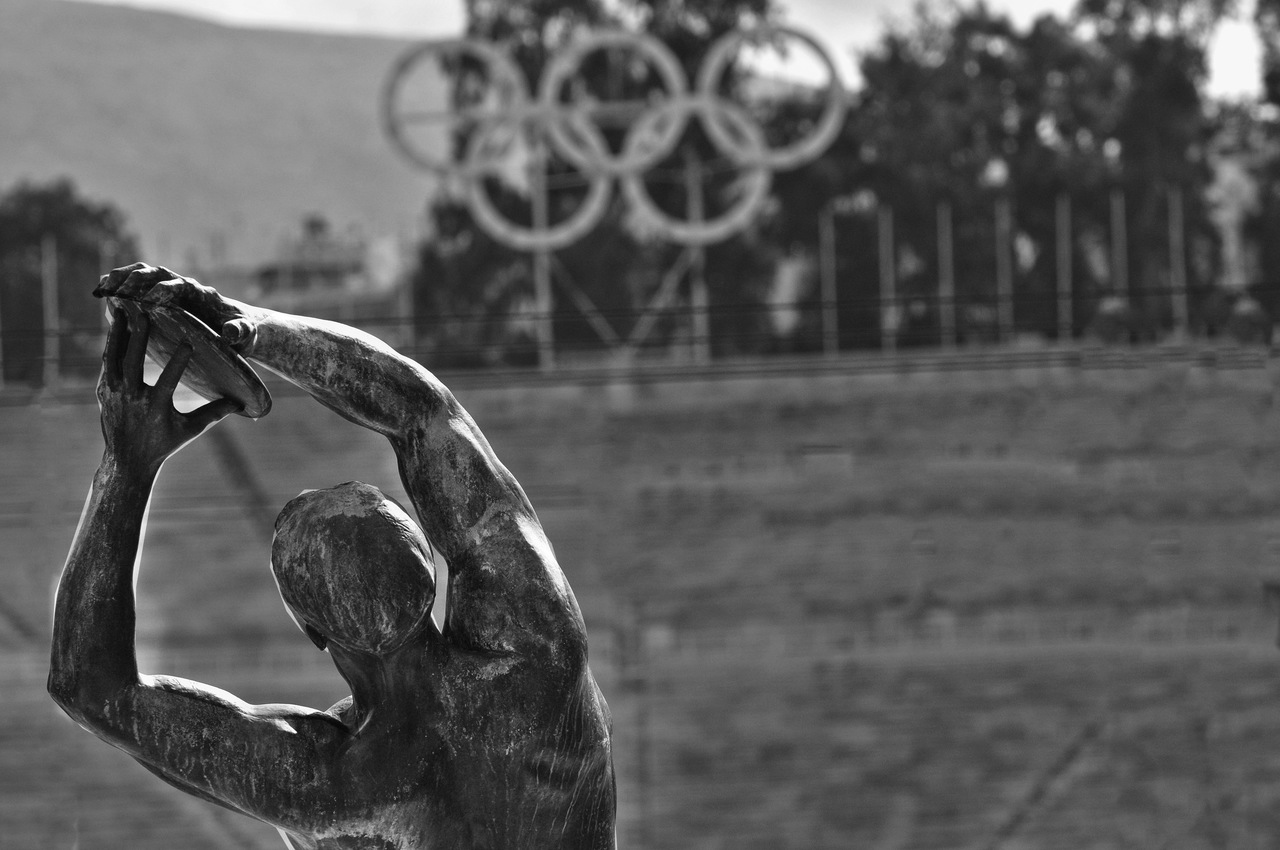Athletes and Information Filtering

It’s often said that track and field is an individual sport. It is an individual sport in the sense that you cannot pass the ball to someone else. No other teammate is going to finish the race, jump over the bar or throw the javelin as far as heavenly possible on your behalf. It’s all on you. You versus the tape measure and the stopwatch. That’s it.
Wait. Is that really the whole story? No. There is a whole staff working behind the scenes I forgot to mention. Remember the coaches, physical therapists, chiropractors, massage therapists, athletic trainers, sports nutritionists, sports psychologists, surgeons, scientists, strength coaches and the rest of the sports performance specialists that are there to help you be the best that you can be.
That is no longer an individual sport then. It’s a team effort. Yes. It’s a team that is competent in their individual elements in which you and your coach stand in the center as a filter to discern what works in each particular situation to get you in the top shape when it matters.
When athletes are in the first years of development, there is no real need for a full crew of sports performance professionals. It’s more about enjoying the sport, having the opportunity to learn and grow. However, by the high school age, when things become highly competitive in track and field, the additional help from individual sports performance experts can become crucially important in order to reach higher levels.
“What is it that we seem to have a confusion about here then?” you may ask. Well, we seem to be confused about how to operate when it comes to taking advice from the invaluable team members mentioned above. What should athletes do when they hear this?
Sports psychologist may say, “20 minutes per day of meditation and about the same time of visualization training will be a game changer. Don’t underestimate the power of the mind. Remember that having a good routine is key. Try visualizing your technique training, imagine that you are moving in a controlled manner until you feel each movement smoothly. Do it at least once per day.”
Physical therapist may say, “Remember to execute correctly these two sets of glute activation exercises. It doesn’t take much, maximum 20 minutes three times per day, and you will be on the next level. Also, don’t forget about the mobility routine I gave you last time! In a month or so you should be stronger and faster than ever before.”
Sports nutritionist may say, “All you need is to have a healthy eating routine. Prepare your healthy food before you leave for practice. It may take an hour or so, but it’s worth the effort. Also, remember that thermally treating carrots and tomatoes help with absorption rate, so make sure you cook them and eat with some nuts or seeds because these vitamins are fat-soluble. A good diet is the biggest factor to improve your performance, so make sure you pay maximal attention to it.”
It’s complicated. Here is where part of the confusion lays. Sports professionals are there to help. They have the tools to help. They are speaking the truth regards to reflecting their professional expertise. They are there for you and they want you to become the best version of yourself. However, it is very likely that many of them don’t know either your sport, your daily life, or your personal background as good as you wish them to know it all. It’s not to blame them. They simply cannot know it all.
It seems that often it is physically impossible to accomplish what each of the well-meaning sports performance professionals is advising. The two main reasons why it’s impossible are:
1) Often there are not enough hours per day to do all that is being advised;
2) There is only one energy pool that athletes have to distribute to all areas of training and life.
Professional athletes, for example, often have 2 training sessions per day, that in total lasts about 5-6 hours, then sometimes they go to school/sponsor-related meetings plus the commute time, then they have to eat (supposedly healthy and at least 3-5 times per day) that takes a good amount of time, then they have to do homework/household tasks, work on relationships with spouses/family members, etc.
If you want to achieve high results in track and field, many times you as an athlete will have to become an excellent mediator between your sports performance specialist team, your coach and your own intuition to make the best practical decisions regarding your overall training load distribution, psychological tiredness, and even nutritional choices. No one knows exactly how to get you in the top shape, but it’s certain that a good coach who desires your progress knows the best of all the team members what, how much and how frequently. It also means that you must become an expert at listening to what your own body is telling you. It's hard daily effort but pays off in the long run.
That said, it does not mean you ignore what your sports performance experts are advising. Quite the contrary. It means you take careful notes, and bring those notes to your coach, as well as filter them through your own intuition. This is an effective way to move forward in training and gain applicable wisdom from the whole team efforts.
Don't forget to thank each of the team members for their contributions toward your progress. They deserve it!





Comments